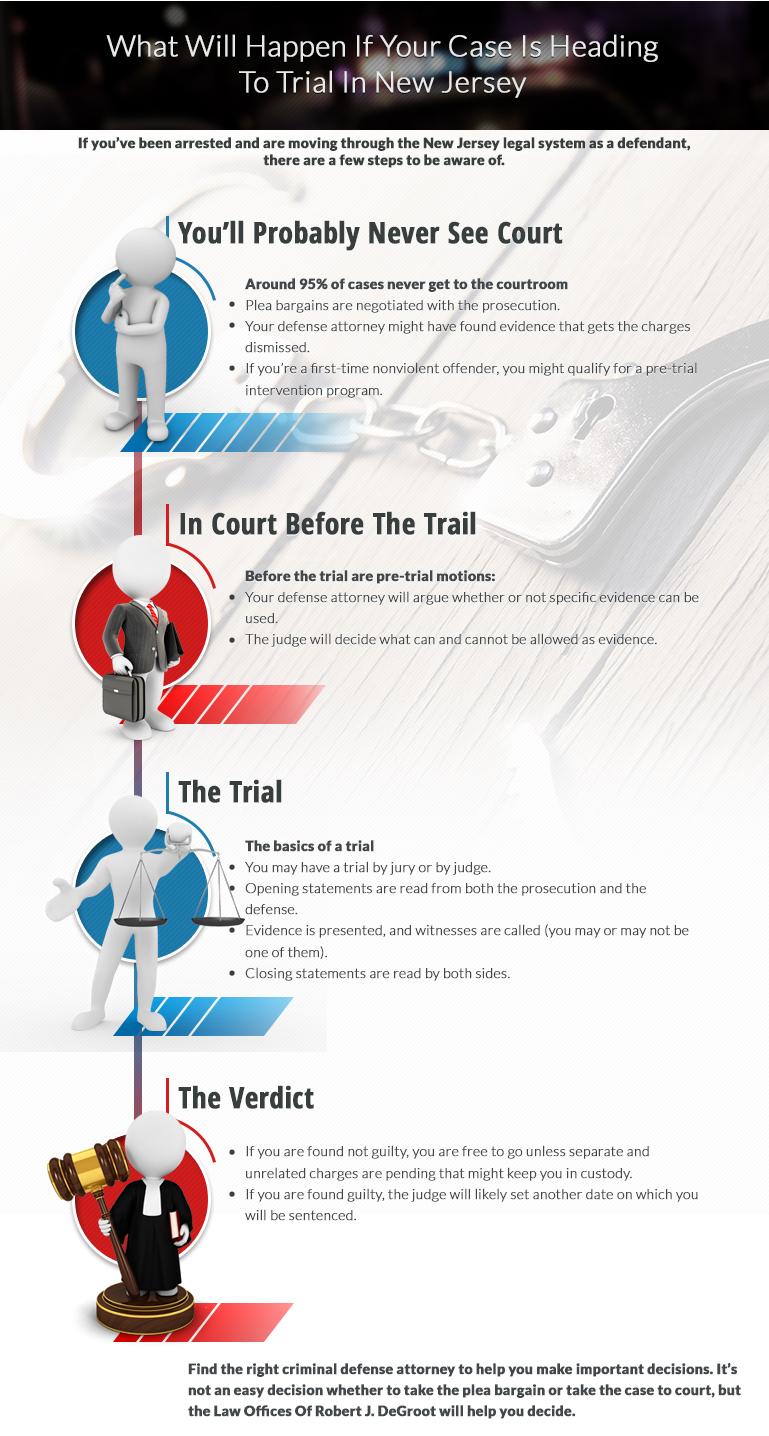Knocking At The Door Of Our Economic Climate, Clerical Criminal Offense'S Kaleidoscope Of Consequences Waits For, Exposing An Expensive And Intricate Web Of Destruction
Knocking At The Door Of Our Economic Climate, Clerical Criminal Offense'S Kaleidoscope Of Consequences Waits For, Exposing An Expensive And Intricate Web Of Destruction
Blog Article
Content Author-McIntyre Bendtsen
Visualize an immaculate garden, thoroughly supported over years, full of vivid blossoms and lush plant. Currently, image a swarm of dangerous bugs quietly penetrating this haven, gnawing away at the roots and petals, leaving behind a path of devastation.
This metaphor aptly captures the expense of white collar criminal offense, a stealthy threat that permeates our economy with devastating consequences. As you enter this conversation, prepare to discover the covert financial impact of white collar crime and the significant consequences that stick around long after the perpetrators have disappeared from the scene.
The Financial Toll of White Collar Crime
Clerical crime exacts a heavy financial toll on individuals, companies, and the general economic situation. It isn't simply a victimless criminal activity or a minor hassle. The effects are far-ranging and terrible.
When https://www.google.com/maps/place/David+E.+Stanley,+APLC+-+Baton+Rouge+Criminal+Defense+Attorney/@30.451022,-91.178872,13z/data=!4m5!3m4!1s0x0:0x8543c524db3d70a4!8m2!3d30.4510218!4d-91.1788724?hl=en fall victim to clerical crime, they frequently shed their life savings, their homes, and their complacency.
Companies, on the other hand, experience enormous financial losses because of fraudulence, embezzlement, and other kinds of white collar crime. These criminal activities cause decreased earnings, harmed credibilities, and also insolvency in some cases.
Moreover, the economy overall suffers as clerical crime weakens count on the economic system, minimizes customer confidence, and interferes with economic growth.
The monetary toll of clerical criminal offense can't be underestimated, and it's crucial that we take strong measures to stop and combat this kind of criminal task.
The Erosion of Trust in Institutions
The disintegration of trust in organizations is a consequence of white collar criminal activity that has far-ranging effects for individuals and culture. When white collar criminal offenses are dedicated by individuals ready of power and authority, it threatens the count on that people have in those institutions.
This erosion of trust can have numerous unfavorable impacts:
- ** Loss of faith in the justice system **: When people see those in powerful placements getting away with clerical criminal activities, it can bring about a loss of confidence in the justice system. People might really feel that there's an absence of liability for those who dedicate such criminal offenses, which can deteriorate trust in the legal system.
- ** Reduced self-confidence in financial institutions **: Clerical criminal offenses typically include financial fraudulence and control. When individuals or institutions are condemned of such criminal activities, it can bring about a decline in confidence in financial institutions. This can have a negative impact on the economic situation as people might be reluctant to invest or trust these organizations with their cash.
- ** Deteriorating of social fabric **: Rely on organizations is a fundamental pillar of a working society. When that trust is eroded, it can result in a weakening of the social fabric. People may come to be much more cynical and skeptical of institutions, which can cause a failure in social communication and teamwork.
Long-Term Economic Impact
Loss of trust in institutions because of clerical crime can have lasting economic consequences.
When individuals and services lose faith in the stability of establishments, they may become hesitant to spend or take part in financial activities. This absence of count on can lead to a decline in consumer spending, as people come to be more mindful with their money.
Furthermore, companies may be reluctant to form collaborations or participate in contracts, fearing that they'll be benefited from by unscrupulous individuals.
The lasting economic repercussions of this loss of trust can include slower economic growth, reduced work development, and decreased market competitiveness. you can check here for organizations to deal with clerical criminal activity and bring back trust in order to protect the long-term economic wellness of a country or region.
Conclusion
To conclude, the economic effect of clerical crime is incredible, with consequences that get to much past simply financial losses. It wears down the trust we put in our establishments, leaving a gap that's difficult to load.
Like a relentless storm, white collar criminal activity leaves a long-term mark on our economic situation, leaving us to grapple with its consequences for years ahead.
